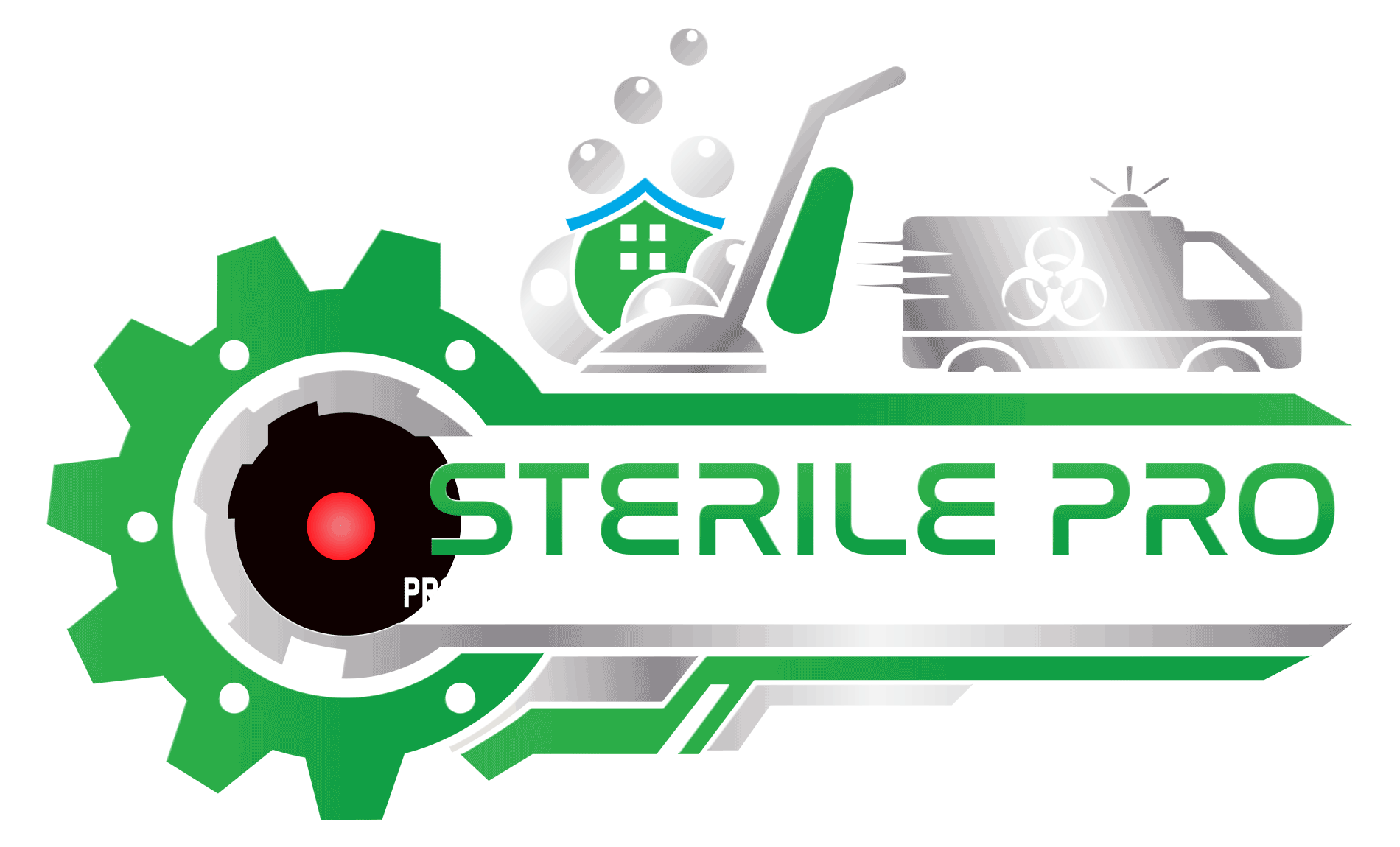Financial Benefits of Owning a Cleaning Franchise Business

Owning a cleaning franchise business can be a lucrative venture, offering a variety of financial benefits that appeal to aspiring entrepreneurs and seasoned business owners alike. At its core, a cleaning franchise provides a structured business model backed by a well-established brand, which significantly reduces the risks typically associated with starting a new business from scratch. This model offers a proven path to success, leveraging the reputation and operational expertise of the franchisor.
Financially, one of the primary advantages lies in the lower initial investment compared to independent startups. Franchises often provide comprehensive training, marketing support, and access to established supply chains, reducing startup costs and allowing franchisees to focus more on revenue generation from the outset. Moreover, the economies of scale inherent in a franchise system can lead to better purchasing power for equipment, supplies, and materials, driving down operational costs and improving profit margins.
Another compelling financial benefit is the potential for rapid scalability. With a successful cleaning franchise, expansion into multiple locations becomes feasible, leveraging brand recognition and operational efficiencies across various markets. This scalability not only enhances revenue opportunities but also increases the overall value of the franchise investment.
Additionally, cleaning services are essential across residential, commercial, and specialized sectors, providing a consistent demand even during economic downturns. This stability offers franchise owners a reliable revenue stream and resilience against market fluctuations.
Financial rewards in a cleaning franchise business are also bolstered by ongoing support from the franchisor, including research and development of new services, operational enhancements, and continuous training to adapt to industry trends and customer demands. Such support fosters long-term success and profitability, making cleaning franchises an attractive option for those looking to build a sustainable business with a solid financial foundation.
In conclusion, owning a cleaning franchise business not only offers financial stability and growth potential but also provides a structured pathway to entrepreneurial success with minimized risks and maximized support, appealing to individuals seeking both financial independence and business security in a competitive market landscape.
To proceed with the next part of the article on the financial benefits of owning a cleaning franchise business, here’s a structured approach with headlines for each section:
Understanding Franchise Models in the Cleaning Industry
The cleaning industry encompasses a diverse range of services, from residential and commercial cleaning to specialized areas like industrial and healthcare facilities. Within this landscape, franchise models offer distinct advantages over independent ventures. Franchising provides a structured framework where franchisees license the rights to operate under a proven business model and brand. This model includes guidelines for operations, marketing strategies, and ongoing support from the franchisor. For entrepreneurs entering the cleaning sector, choosing the right franchise model is crucial, as it dictates initial investment requirements, operational protocols, and growth potential.
Financial Investment and Initial Costs
Investing in a cleaning franchise typically requires an initial financial commitment, which varies based on the franchise brand, location, and market demand. Initial costs often cover franchise fees, training, equipment, and initial marketing expenses. Franchise fees can range from moderate to significant, depending on the brand’s reputation, market presence, and support provided. These fees grant access to the franchisor’s business model, brand recognition, and operational expertise, offering a compelling value proposition compared to independent startups that must build their brand from scratch.
Operational Efficiency and Cost Management
A key advantage of joining a cleaning franchise is the ability to leverage operational efficiency and cost management strategies established by the franchisor. Franchisees benefit from standardized processes for service delivery, employee training, and customer relations, which streamline operations and enhance service quality. Centralized purchasing and supplier relationships negotiated by the franchisor often result in lower procurement costs for equipment, cleaning supplies, and other operational necessities. These efficiencies contribute to higher profit margins and competitive pricing, enhancing the franchisee’s financial viability and market competitiveness.
Revenue Streams and Market Opportunities
Cleaning franchises offer diverse revenue streams across multiple market segments, including residential, commercial, and specialized cleaning services. Residential cleaning services cater to homeowners and renters seeking regular maintenance or deep cleaning solutions. Commercial cleaning encompasses offices, retail spaces, and educational institutions requiring daily or periodic cleaning services to maintain hygiene and professionalism. Specialized cleaning services target niche markets such as healthcare facilities, hospitality venues, and industrial sites, which demand specialized cleaning protocols and regulatory compliance. By tapping into these diverse market opportunities, cleaning franchise owners can optimize revenue generation and sustain business growth.
Scaling and Expansion Strategies
Scalability is a significant advantage of owning a cleaning franchise, facilitated by the franchisor’s support in expanding operations across multiple locations or service areas. Franchise systems often provide scalability frameworks, including territorial rights, multi-unit ownership options, and master franchise agreements. These strategies enable franchisees to capitalize on regional market demand, replicate successful business models, and diversify their revenue streams. Expansion opportunities are bolstered by brand recognition, customer loyalty, and operational efficiencies established through the franchise network, positioning franchise owners for sustainable growth and market leadership.
Marketing and Brand Development
Marketing support is a cornerstone of franchising, where franchisees benefit from established brand recognition and comprehensive marketing strategies developed by the franchisor. Marketing efforts typically include national or regional advertising campaigns, digital marketing initiatives, and promotional materials tailored to local markets. Franchisees contribute to a collective marketing fund, managed by the franchisor, to fund strategic marketing activities that enhance brand visibility and customer acquisition. This collaborative approach not only minimizes individual marketing expenses but also strengthens the franchise brand’s market presence and competitive edge in the cleaning industry.
Training and Continuous Professional Development
Training and ongoing education are integral components of franchise ownership, ensuring that franchisees and their staff maintain high standards of service excellence and operational proficiency. Franchisors provide initial training programs covering business operations, technical skills, customer service, and compliance with industry standards. Continuous professional development opportunities, such as workshops, webinars, and certification programs, keep franchisees abreast of industry trends, regulatory changes, and technological advancements. This commitment to training enhances service delivery, employee retention, and customer satisfaction, reinforcing the franchise’s reputation for reliability and expertise in the cleaning market.
Financial Performance and Return on Investment (ROI)
The financial performance of a cleaning franchise business hinges on various factors, including market demand, operational efficiency, and competitive positioning. Franchisees can achieve a favorable return on investment (ROI) by maximizing revenue streams, controlling operational costs, and optimizing business processes. ROI calculations often consider factors such as initial investment, ongoing expenses, revenue projections, and profitability margins. Franchisors may provide financial performance data and benchmarks to help franchisees assess profitability, set realistic goals, and make informed business decisions that drive long-term financial success.
Challenges and Mitigation Strategies
Despite its numerous benefits, owning a cleaning franchise involves challenges that franchisees must navigate to sustain profitability and growth. Common challenges include market saturation, competition from independent operators, labor shortages, regulatory compliance, and economic fluctuations affecting consumer spending. Franchisees can mitigate these challenges by leveraging franchisor support, adapting to market dynamics, investing in workforce development, diversifying service offerings, and implementing robust business continuity plans. Effective communication with the franchisor and proactive problem-solving are essential for overcoming challenges and maintaining resilience in a competitive business environment.
Conclusion
Owning a cleaning franchise business presents a compelling opportunity for entrepreneurs seeking financial independence, operational support, and growth potential in the competitive cleaning industry. By aligning with a reputable franchise brand, franchisees gain access to a proven business model, established market presence, and ongoing support that enhance their chances of success. From initial investment considerations to scaling strategies and operational efficiencies, cleaning franchises offer a structured pathway to profitability and market leadership. As the demand for professional cleaning services continues to grow across residential, commercial, and specialized sectors, owning a cleaning franchise remains a viable and rewarding investment for aspiring business owners committed to excellence and innovation in service delivery.
“For more information please click on this link“



